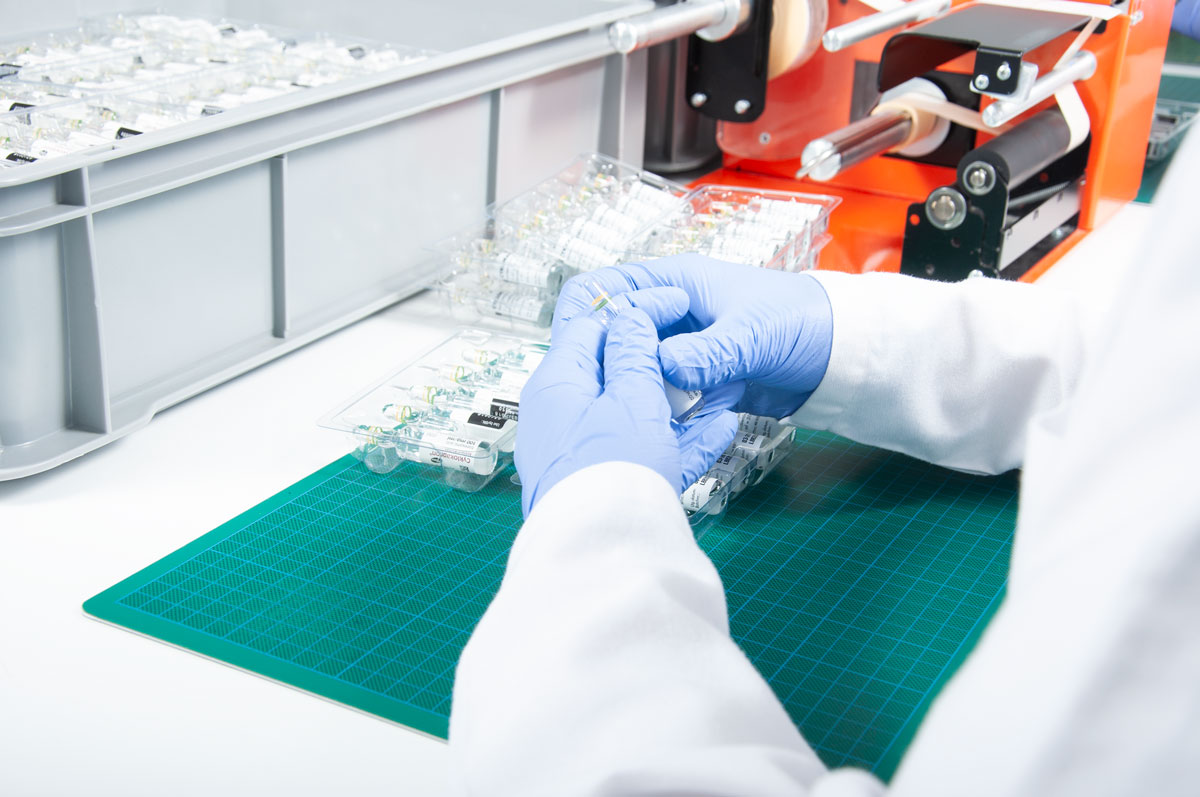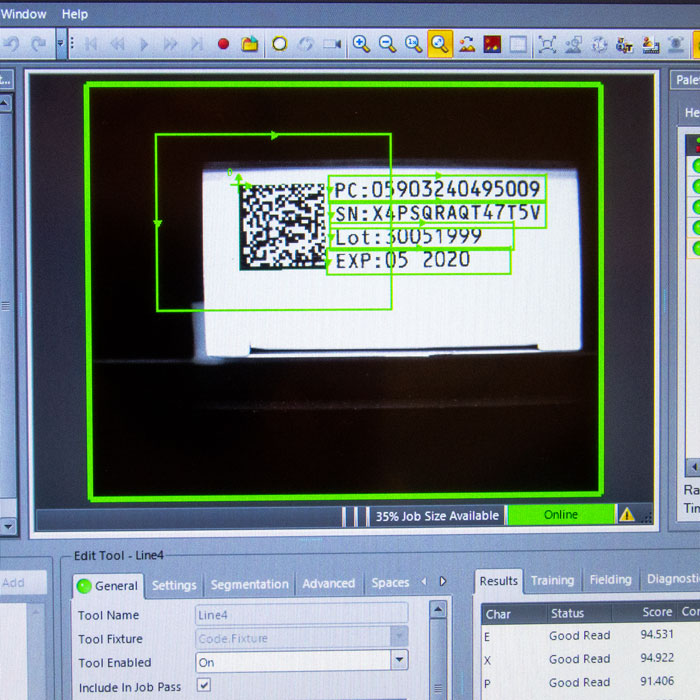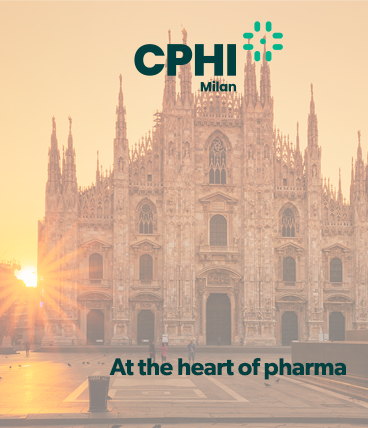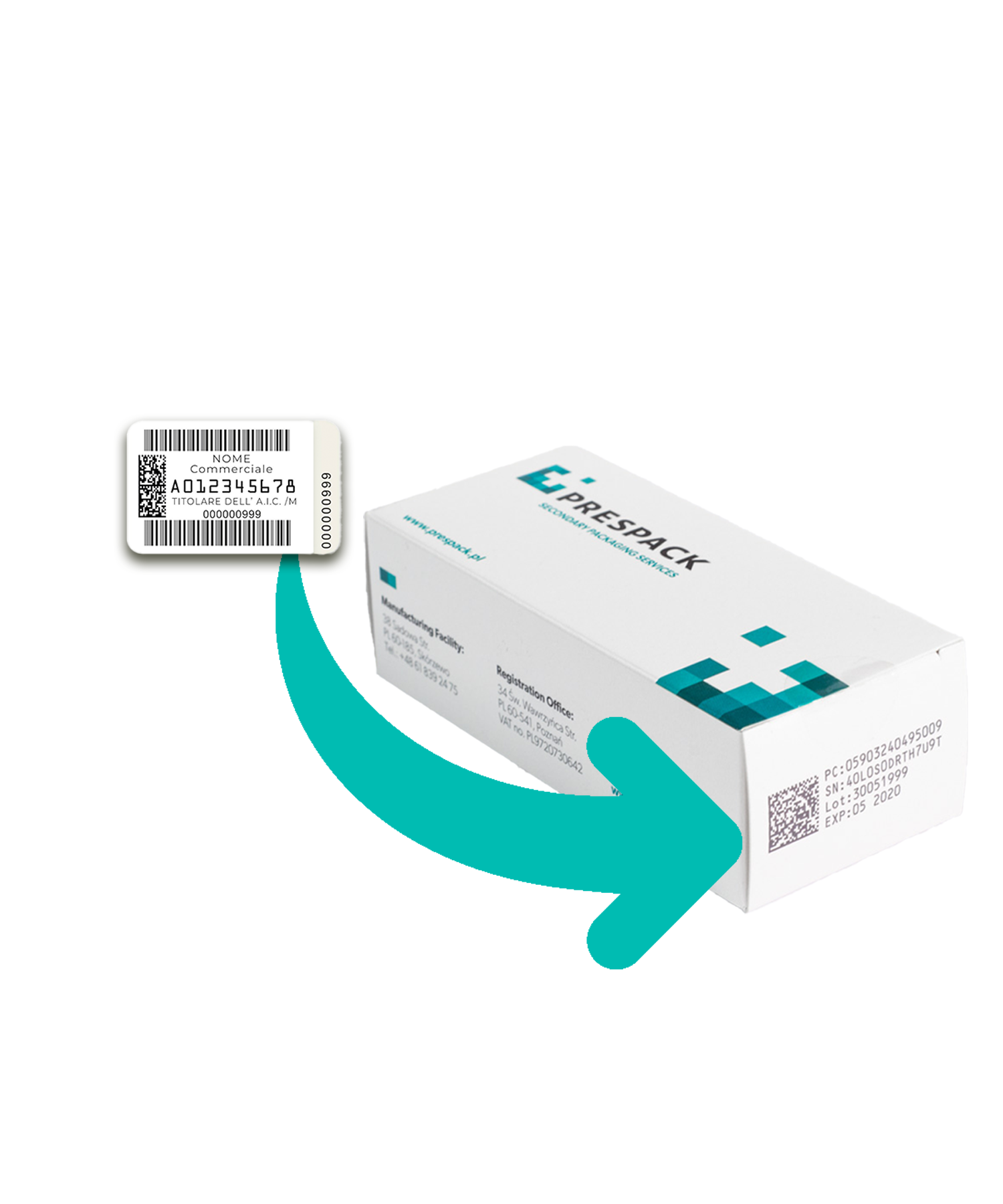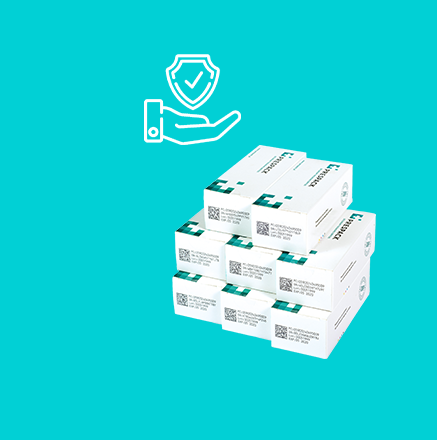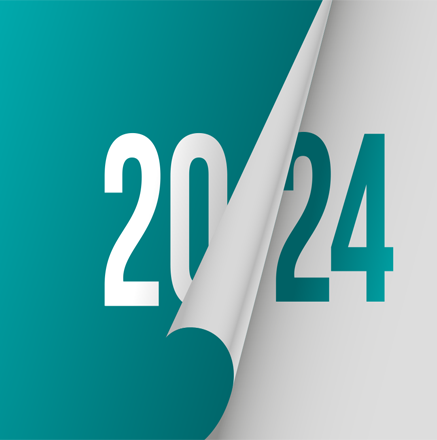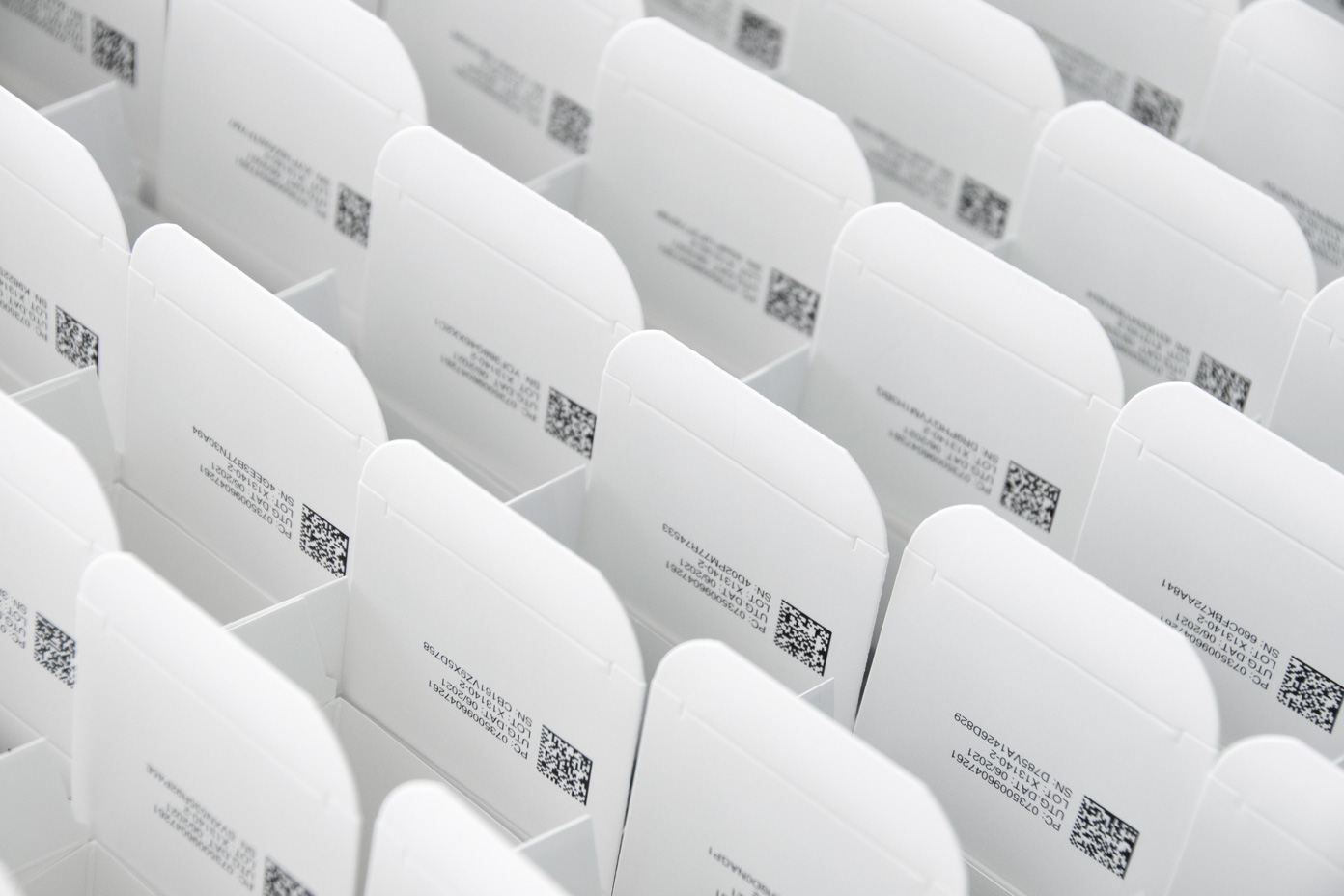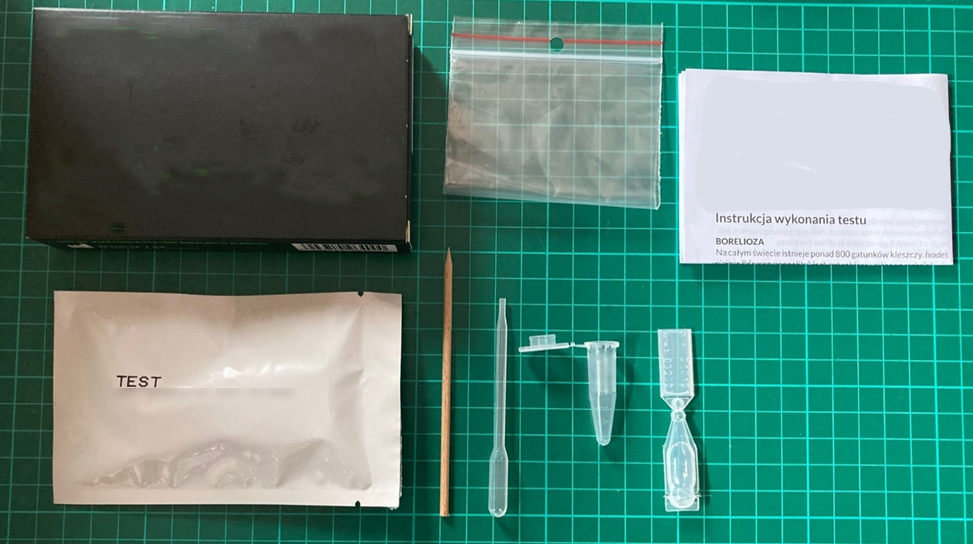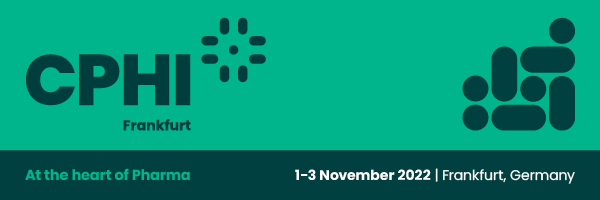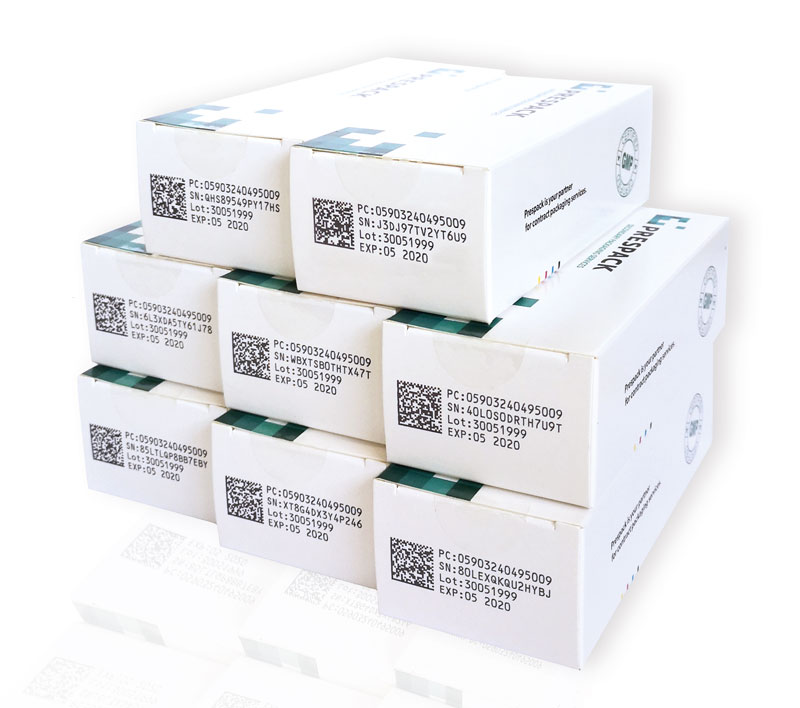Aggregation, the future of traceability in the pharmaceutical industry.
Pharmaceutical aggregation is the next logical step after the implementation of serialisation. These are two closely related processes. By definition, aggregation connects unique serialised unit packages of prescription drugs to a higher level of collective packages and then to a pallet level giving them a unique serial number. Products with serial numbers are placed in the aggregation process into a larger collective package (kits, cartons, pallets).
In the collective package, each package always has its own unique serial number but also the entire package and pallet has a label containing unique serial numbers. To sum up, this is the process of creating a hierarchical relationship between the unique identifiers assigned to the bulk packages.
Many companies that have completed the implementation of product serialisation envisage aggregation as the next step. It offers new opportunities in the process of tracking drugs through the supply chain. By adopting these solutions, pharmaceutical companies are achieving significant savings. It is also inherently linked to the modernisation of the manufacturing process. Today, many pharmaceutical companies see this solution as a key advantage for the operation of their own business.
Among the many benefits of implementing aggregation are:
- easier management of the production process,
- optimisation of the process of finding specific products for wholesale supply,
- improvement of the control process,
- access to all detailed data,
- facilitating the process of exporting and importing medicinal products,
- simplifying the process of withdrawing specific batches of products.
Aggregation allows for radical time savings. It eliminates the need to open each batch or package in order to scan a single product. All data is easily accessible in the supply chain. This makes it easy to track the products in each transaction. This has a positive impact on the efficiency of the distribution process and, consequently, on the safety and reliability of the processes.
The aggregation process is not obligatory. Currently, no legislation, either in Western Europe or America, orders the use of aggregation data. However, it is a recommended action because of the benefits mentioned and also because it strengthens the integrity of the supply chain. It is anticipated that more and more countries will need to adopt aggregation as part of their national drug circulation legislation.
It is worth noting that the introduction of new solutions also poses significant challenges. Particularly noteworthy here are, of course, issues related to software and new hardware. Differences in the packaging methodology itself will also be of great importance. Producers will also have to implement new procedures for responding to various unprecedented situations.
There are only a few companies on the Polish market offering professional solutions that can meet the requirements in the pharmaceutical industry. We are pleased that in the coming months, we will also implement a solution to aggregate serialisation data. This will enable us to offer customers a new service that will speed up logistics processes and improve the control of the medicinal product in the distribution chain. We will provide you with more information shortly.






